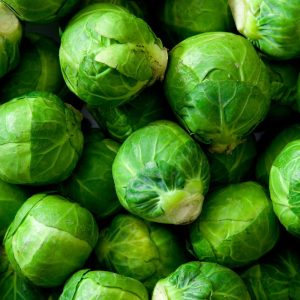You sweat out essential minerals from your body when you exercise. Here’s how to look after your hydration and electrolyte levels to perform better
Hydration is crucial to running success – but it’s something a lot of people neglect. Just a 2% loss in body weight due to dehydration can impair exercise performance, and it’s well documented in research that fluid intake and adequate hydration during exercise are essential, especially during prolonged training sessions and competition events. The key role of fluid intake during running is that it maintains hydration, body temperature and adequate plasma (blood) volume.
The effects and symptoms of dehydration
Ensuring your plasma volume and body temperature stay within an optimal range has a direct impact on performance. When your core temperature rises due to dehydration, plasma volume decreases, resulting in an increased heart rate, which in turn accelerates fatigue. Dehydration also has an effect on cognitive function, resulting in an inability to think clearly. The main symptoms of low sodium intake and dehydration include gastro-intestinal distress, nausea, bloating, fatigue, impaired concentration and dizziness.
Sweat during exercise
Sweat consists of water, minerals, lactate and urea, with the key mineral component being sodium. Sweating plays a critical role in regulating body temperature, and so is necessary during times of physical exertion or exposure to hot climates.
Most runners sweat between 400 to 2,400ml per hour of exercise, with the average value being around 1,200ml per hour, although this will vary with age, sex, weight, exercise intensity and the environmental temperature.
The sodium content of sweat also varies substantially, from 115mg to greater than 2,000mg per 100ml of sweat. But a runner who is a ‘salty sweater’ (ie has a high amount of sodium in their sweat) may lose well in excess of the recommended intakes. As a rule of thumb, I generally suggest runners take around 700 to 900mg of sodium per 1,000ml of fluid during longer training and competition. This can be a mix of electrolyte tablets, electrolyte powder (see below), energy drinks and whole food.
What are electrolytes?
Electrolytes are essential minerals (including sodium) that the body needs to stay hydrated. However, their role extends further – they also support important processes within the body including muscle contraction, including the heart, blood pressure and nerve signalling, to name a few. Electrolytes help your body retain fluid during heavy exercise when you are sweating as they help draw fluid into working muscles.
When it comes to replacing lost electrolytes, there are various options – electrolyte drinks, electrolyte tablets for dissolving in water, salt capsules/sticks that can be taken directly, and they’re often added in varying quantities to sports drinks. Most electrolyte tablets, salt capsules or sports drinks provide around 250-300mg of sodium per serving.
But some sports nutrition companies have realised the importance of salt, especially in long-distance events, and have formulated electrolyte drinks, powders and tablets with a higher sodium content. These include products such as Tailwind, Veloforte and Active Root. Personally, I also like the chewable forms of electrolytes – Salt Stick Fastchews are my choice as I find it easier to know how much sodium I am consuming. In addition, it’s also possible to use real food in ultra-distance races. Some suggestions include:
Preventing electrolyte imbalance and staying hydrated is not just confined to during running; it is equally important to think about them leading up to an event. I regularly recommend that individuals start drinking electrolytes in the 24 hours prior to race day. Precision Hydration have a variety of products that support this purpose.
Replacing electrolytes post-run/race is also important. One of the best options is cow’s milk, as this not only replaces fluid, but also has carbohydrate and protein in the right ratio to encourage recovery, while also being rich in electrolytes.





